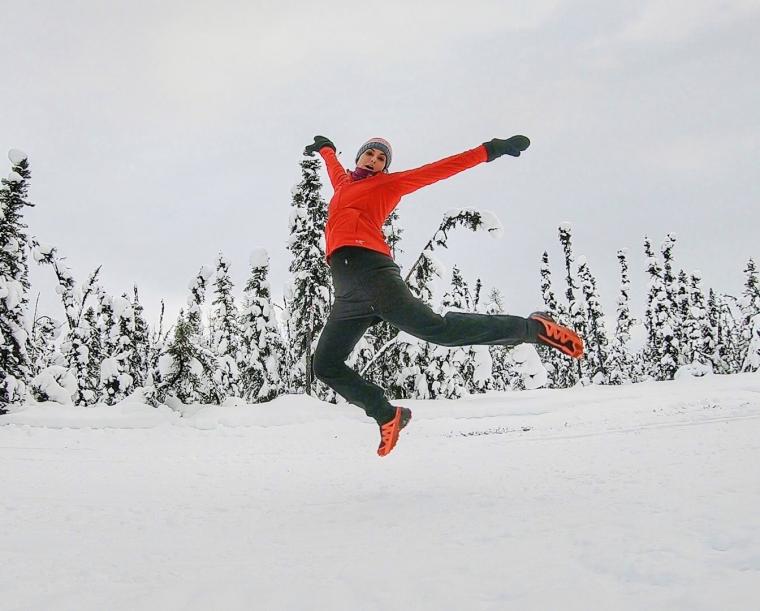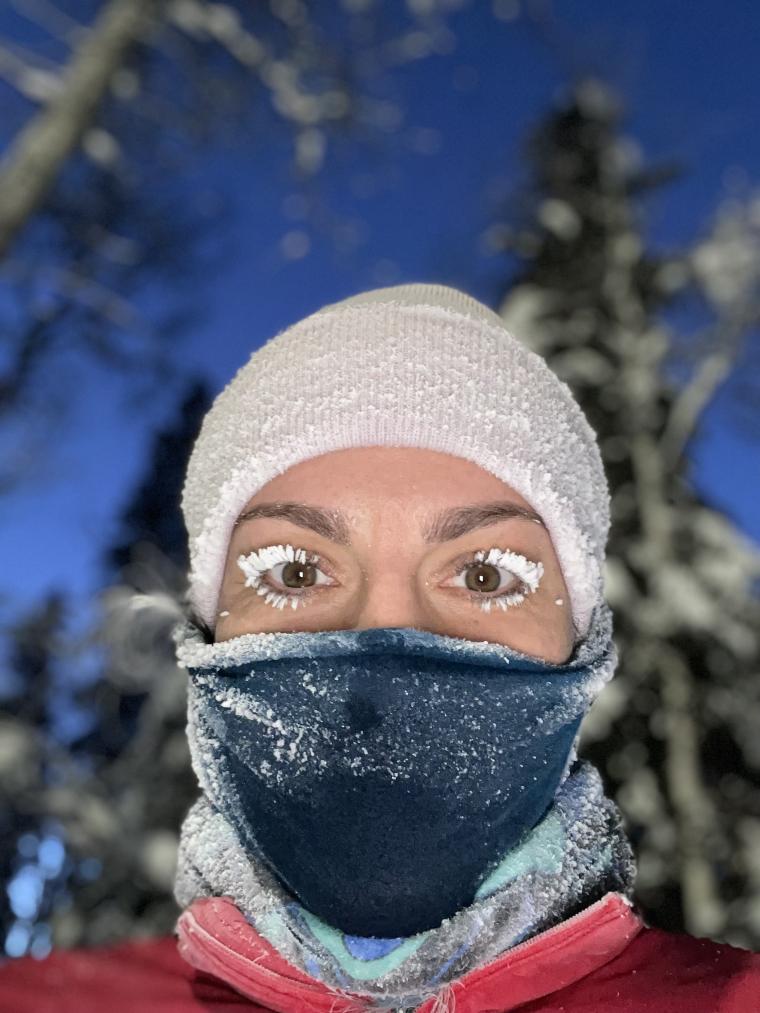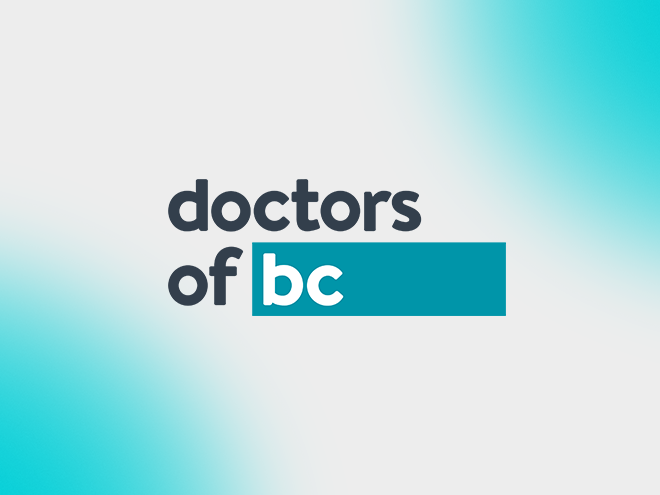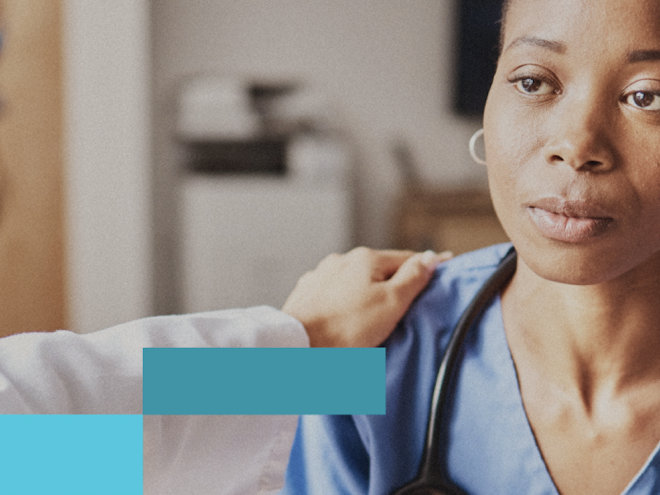I have been a rural family doctor for 15 years. I work in a fairly isolated Northern town, where in winter we can get temperatures that glue your eyelids together. Given that we are so far from city life, we rely on each other deeply. This is a story about how far that reliance can take us.
I had a pregnant patient who was expecting twins. She had a history of preterm labour, and hence was scheduled to leave town at around 28 weeks. A few days before the leave was to happen, she came to the office. She did not say much in general, so when she told me that she feels like “something is not right”, my first thought was to send her to the hospital for observation. There was nothing particularly worrisome about her presentation that day, except for the look in her eyes. She was concerned. She had no pain. The babies were moving. I could see them on POCUS (which I had recently started to use on everything, and I mean everything, because we all get a little POCUS-crazy when we first touch one of ‘them things). Her blood pressure was good. Uterus was soft. I really had to fight the urge to tell her that there is no reason to be concerned, bit my tongue and thought better. If the mom is worried, there is some reason for that, and the only thing that will enlighten me here is time. 
I followed her to the ER half an hour later and as soon as I walked into her room, her water broke. She immediately started getting contractions. Since we do not routinely do deliveries in our hospital, given the 400 km to the nearest C section facility, we do not have nursing staff that is well trained in neonatal resuscitation, or labour and delivery. We moved the patient to a bigger area, got two isolettes, managed to get one working and the other one sort of working but not really, got a delivery pack open, and I called for help both from my ER covering colleague and from another physician, both of which ran to help. Everyone was holding their breath as the first baby was born. We had neonatology on one line, helping out over the beeping machines, one airpod in one ear, one stethoscope bud in the other one. Twin A needing bag mask ventilation, then continuous PEEP. Twin B being born, breech. The first breech delivery that I have ever witnessed, happening along with some many other crazy firsts.
What I remember the most about that night was how much everything was a struggle. Twin A needed help, he was not ok, struggling with bad tachypnea. Our tiniest masks were too big and had a leak. Struggling to find stuff for the tiny humans. Search party everywhere for tiniest UV lines. The smallness of everything. Isolette heater not working, nurse struggling. Oxygen monitor passed back and forth between isolettes. Struggling to put in the UV lines.
I remember the fear as well. I remember the nurse at the debriefing afterwards saying “I had no idea what to expect, but I really appreciated how calm Dr Lupu was” and thinking that calm was the last thing I felt. My legs cutting at the knees when I saw that one of the UV lines had bled, possibly a lot for a tiny baby. What was a lot for this baby? No idea, last time I cared for a 27 weeker was…never. Calling the neonatologist, hearing that the team would be another three hours at least, feeling like I could cry.
I remember the exhaustion. Hours and hours (at the end it was a total of seven hours) of running from one baby to the next, constantly hands on the mask. One baby looking worse and worse by the hour. Trying to intubate, tube falling out. How the heck do you make these things stay put? This is so different from the adults I usually intubate. We are so screwed. Where is the team? When is salvation coming? Is this baby going to die in front of me?
 Most of all, I remember how every single person I have asked for help has helped. The hospital administrator. The fire department (yes, at one point I called them so that I could have my hands free from the mask to complete the delivery paperwork). The LPN who was working way out of her scope but did her very best. The RN who called her friend on a neonatal unit in Prince George to ask how to fix the heater in the isolette. The baby’s dad who fetched things and held things and moved things around. The mom who kept it together with amazing calm and courage. The neonatologist who tried to hold my hand every step of the way and never batted an eyelash when the UV line was way too deep, and the masks were way too small, and I just could not get the ET tube to stay put to save my life. The team who finally came, and despite having to work under time pressure and with limited resources (literally everything they were asking for, we did not have, except for a pen and a phone, which we had, because to their surprise there is no ROGERS here).
Most of all, I remember how every single person I have asked for help has helped. The hospital administrator. The fire department (yes, at one point I called them so that I could have my hands free from the mask to complete the delivery paperwork). The LPN who was working way out of her scope but did her very best. The RN who called her friend on a neonatal unit in Prince George to ask how to fix the heater in the isolette. The baby’s dad who fetched things and held things and moved things around. The mom who kept it together with amazing calm and courage. The neonatologist who tried to hold my hand every step of the way and never batted an eyelash when the UV line was way too deep, and the masks were way too small, and I just could not get the ET tube to stay put to save my life. The team who finally came, and despite having to work under time pressure and with limited resources (literally everything they were asking for, we did not have, except for a pen and a phone, which we had, because to their surprise there is no ROGERS here).
At the end of that night, I felt more tired than I had after running a long race. The babies both made it. I see them now in the office, growing, both well, no big problems so far, knock on wood. I don’t have a moral to this story, but it gives one a taste of the essence of rural medicine. We often go on instinct. We do what has to be done, even though we might have never done it before. We hang in there, and hang in there, waiting for help to come longer than we thought possible. We wreck our brains. We wring our hands. We have blind faith that if we do our best, the patient will often pull through. We ask questions that make the specialist inwardly cringe, but we have grown used to not knowing everything. We are used to not being understood, used to having our resources being overestimated (no specialists, no ultrasound, no CT, no after hours lab), to distances being underestimated. We wait for help, often for a very long time. Sometimes help cannot come. Sometimes the plane cannot land. We pray for the best, and we do not expect that it will happen. We hope and hope.
My years here are a testimony to how resourceful we all are, how much our nature is to help each other, and finally, to how incredibly resilient and understanding patients are. The medicine I have practiced in the North has filled my soul with every kind of emotion, and has much surpassed my expectations of what being a doctor would mean. We are not just doctors. We are badasses. And we love what we do.


